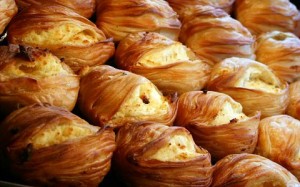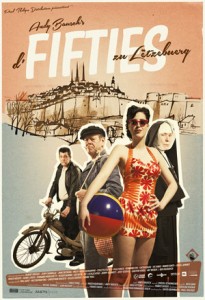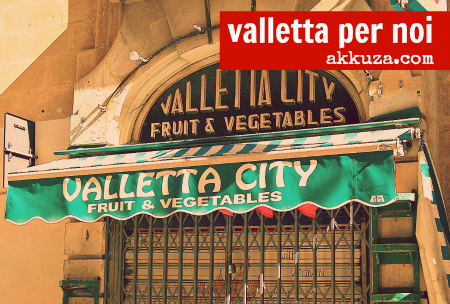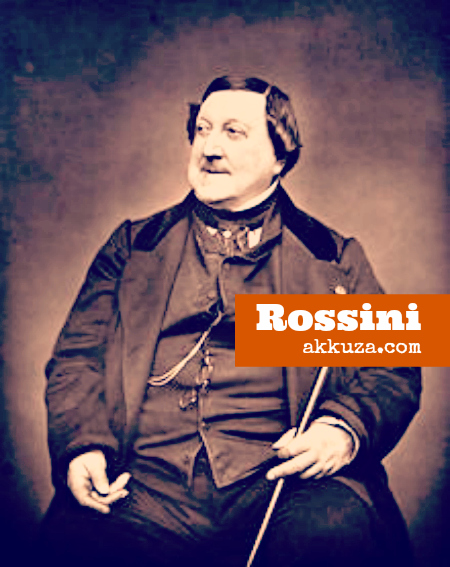Ikla tajba ġewwa Paceville intemmet b’mixja qasira – għad-diġestjoni – madwar it-toroq imxarrbin tal-Belt Internazzjonali ta’ Pace. L-għażla kulinarja kienet waqgħet fuq ikel Ġenoviż, korteżija ta’ Profuma Di… ristorant mill-iprem ġewwa l-ħallata ballata ta’ gosti u kċejjen li bħalu joffru biss bliet wisq iktar kożmopoliti bħal New York, Brussel u Londra.
Ħin minnhom bqajt immeraviljat li ġo firxa ta’ mhux iktar minn ħamsin metru l-voti kellhom jitqassmu bejn ikel Għarbi, dak Indjan, dak Ċiniż jew Ġappuniż jew xi sure bet nostran bħal ma jaf ikun l-istituzzjoni imsemmi The Avenue. Morna Ġenoviż u xejn ma għalejna. Mill-focaccie sal-ħanżir jgħum fil-ħalib u jċafċaf fil-ġobna prelibati sas-sorbet mill-ifjen li jqarrasslek wiċċek ma kull kuċċarina imma, kif jgħid Mark, imexxi ħriġna minn hemm kuntenti. Quelli come noi…
U imxejna sa ħdejn il-bandli… ħadna “id-dawra” ta’ familja Għawdxija-Paċevilljana li aħna: detour ta’ xi mitt metru, xejn iktar, kemm biex nieħdu ġelat (taljanissimu) mingħand Rivareno. Bnin kien, imma żejjed – tant li ma flaħtx nieklu kollu. L-ewwel ftit lagħqiet għażilt li neħodhom fit-triq barra wieħed tal-pastizzi li hemm biswit tal-Agenda u hemm assistjet għal xena gustuża.
Qabelxejn irrid ngħid li xi jumejn ilu, waqt diskursata filosofika ġewwa Michael’s il-Belt, konna qed niddiskutu il-preġji tal-pastizz. Tkunux psataz. Kien mument tal-għola ħsieb gourmand xieraq tal-Gault Millau u Michelin. Kemm ngħidilkom li l-gilljottina inqatgħet favur formation ta’ “tnejn u tnejn”. X’jiġifieri? Jiġifieri li qbilna li meta tkun xrobtlu naqa jew jiġik dak l-aptit tard bil-lejl l-aħjar ordni għand tal-pastiżżi hija dik li twasslek biex tiekol tnejn tal-irkotta u tnejn tal-piżelli. Imbagħad tajjeb ukoll li tkun mogħni bir-Rennie, Maalox jew Gavison tal-mument.
U lura għax-xena. Mela qiegħed niggosta l-ġelat bil-kwiet u nosserva frustier (raġel mhux Malti u li għadu la xtara passaport Malti u lanqas ma kiseb wieħed b’xi mod iktar konvenzjonali) jistaqsi lil tal-ħanut dwar in-natura tal-ikel kollu li għandu fid-display…
“And this? What’s inside this? What is it made of”
U l-ieħor bil-paċenzja kollha tal-Virġilju Dantesk jagħtih tour tas-sorsi kollha tal-infern ta’ kolesterol illi taf toffri kull vetrina tat-Tejkewej Malti. Rajtu imħasseb lix-xerrej. Kellu għażla tqila quddiemu. Bejn qassatat jobżqu l-ful, bejn ross il-forn ileqq it-tjubija, bejn timpana ssejjaħlu għas-sess orali immedjat, bejn il-karnefiċina ta’ pizzez varji kont naħlef li ma jħarisx darb’oħra lejn pastizz. Wara kollox dan ma’ kellux il-black belt tal-ikel Malti li kollha kemm aħna inrabbu tul snin sħaħ ta- inizzjazzjoni…
Tistgħu timmaġinaw għalfejn – kieku ma kellix il-ġelat f’idi – tħajjart nagħmel ovazzjoni spontanja lil das-sinjur frustier u għalfejn ħassejt fawra ta’ Brotherhood of Man denja ta’ l-iqwa lirika ta’ Imagine meta smajtu ilissen dawn il-kliem:
“I’ll have two of the cheese and two of the peas”..
Għall-pastizzi kien qed jgħid. U mingħajr ma jaf ikkonferma l-algoritmu mistur illi x-Xirka ta’ Wikkiela Avukati kienu ikkonkludew li teżisti fid-DNA Tagħna Lkoll. In pastizzi united…




